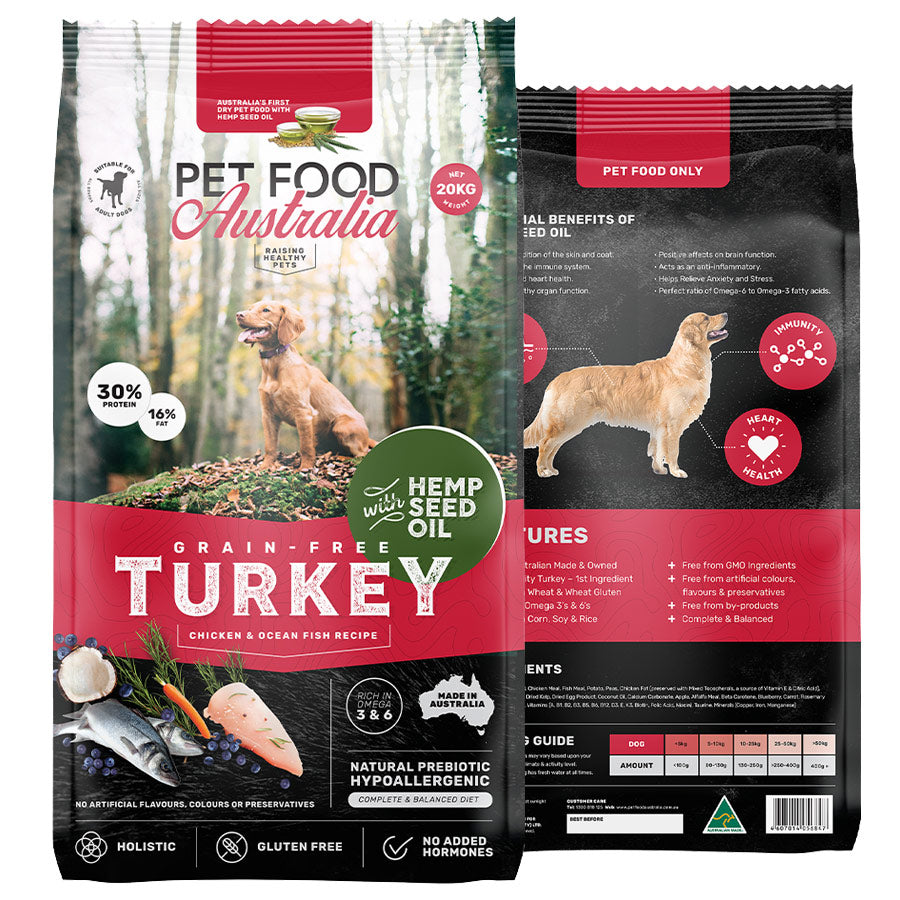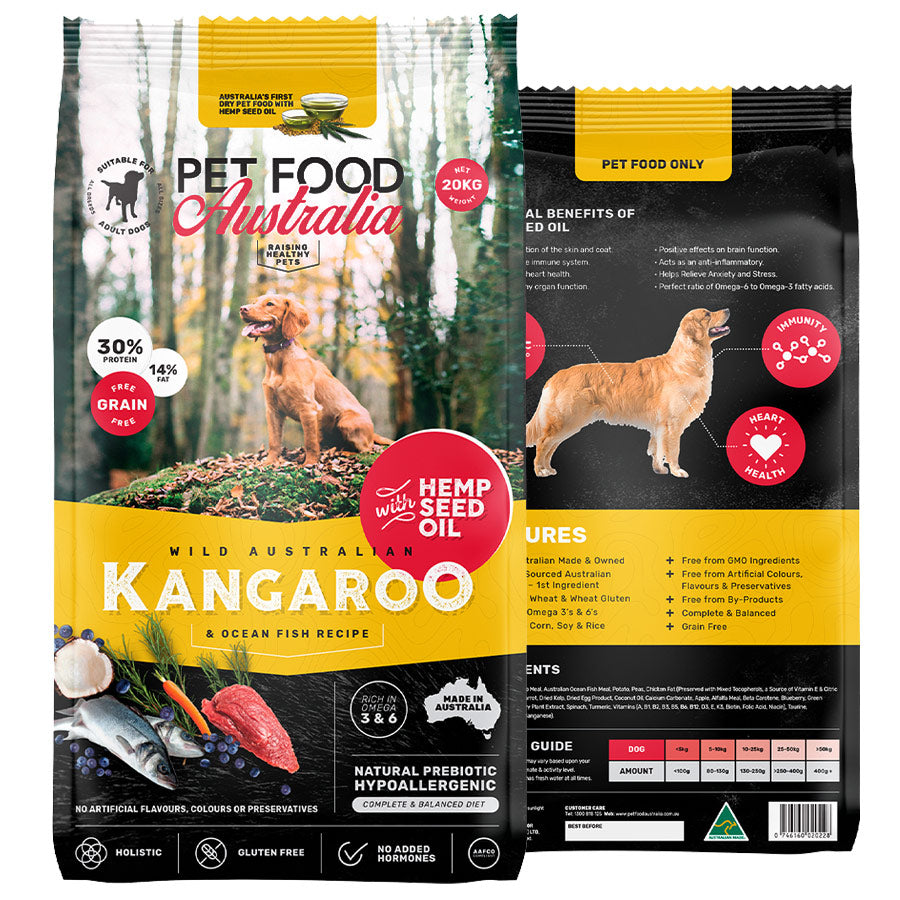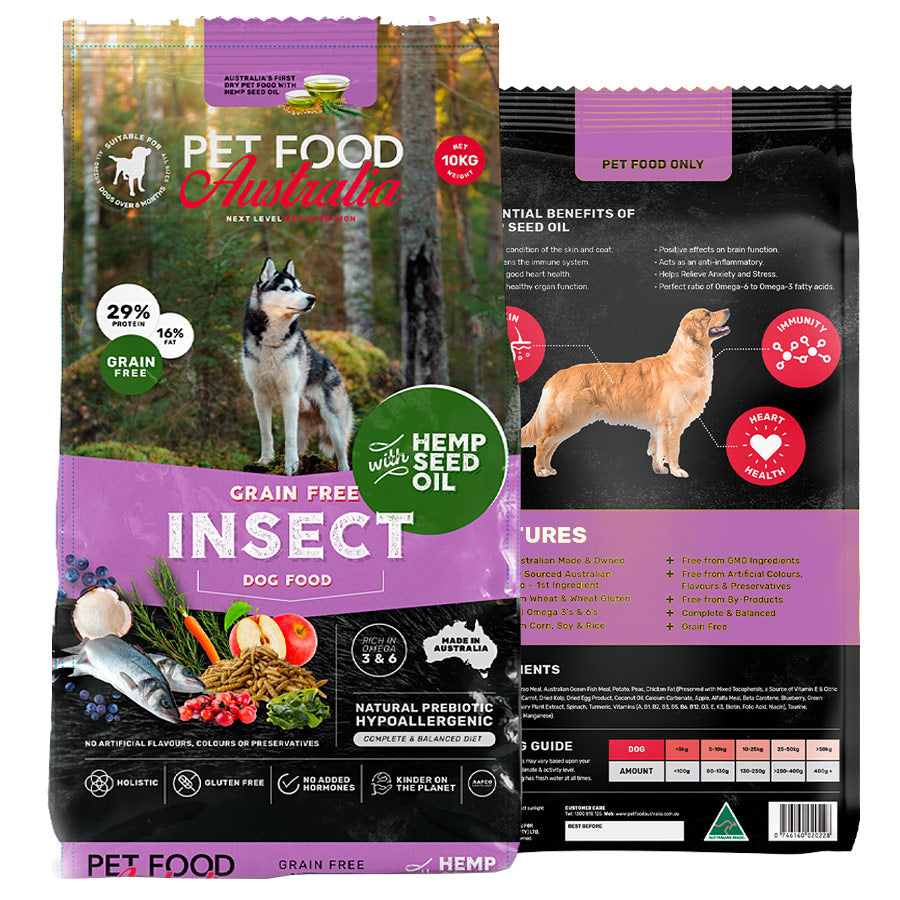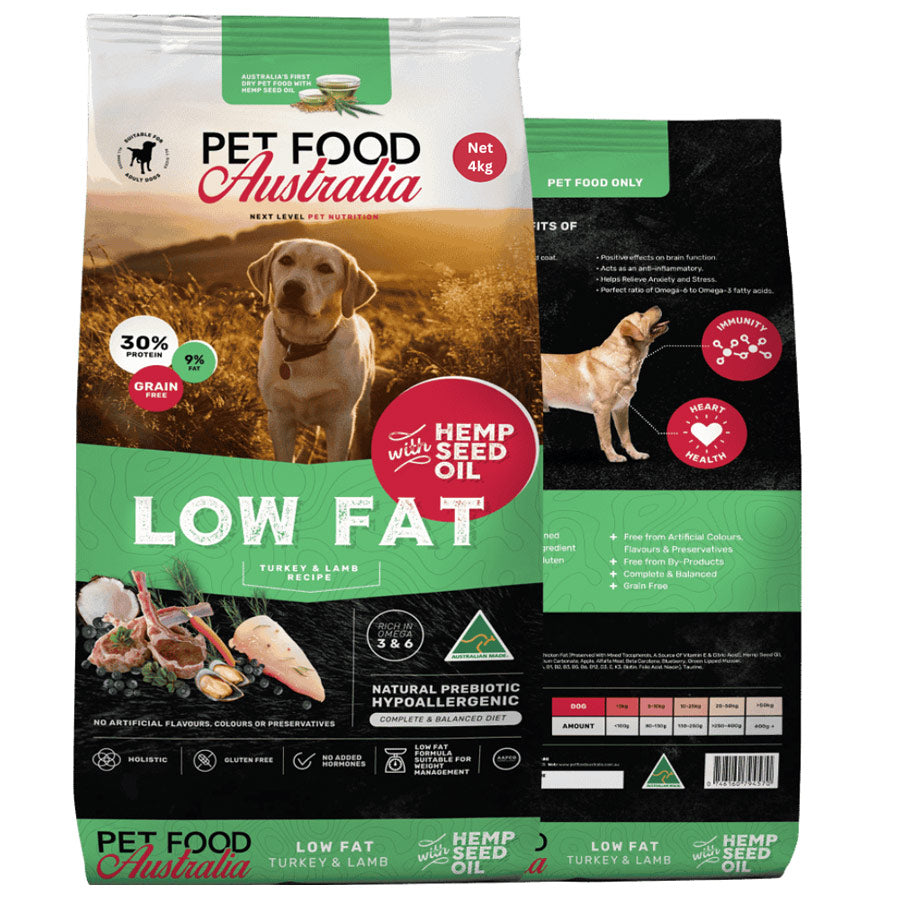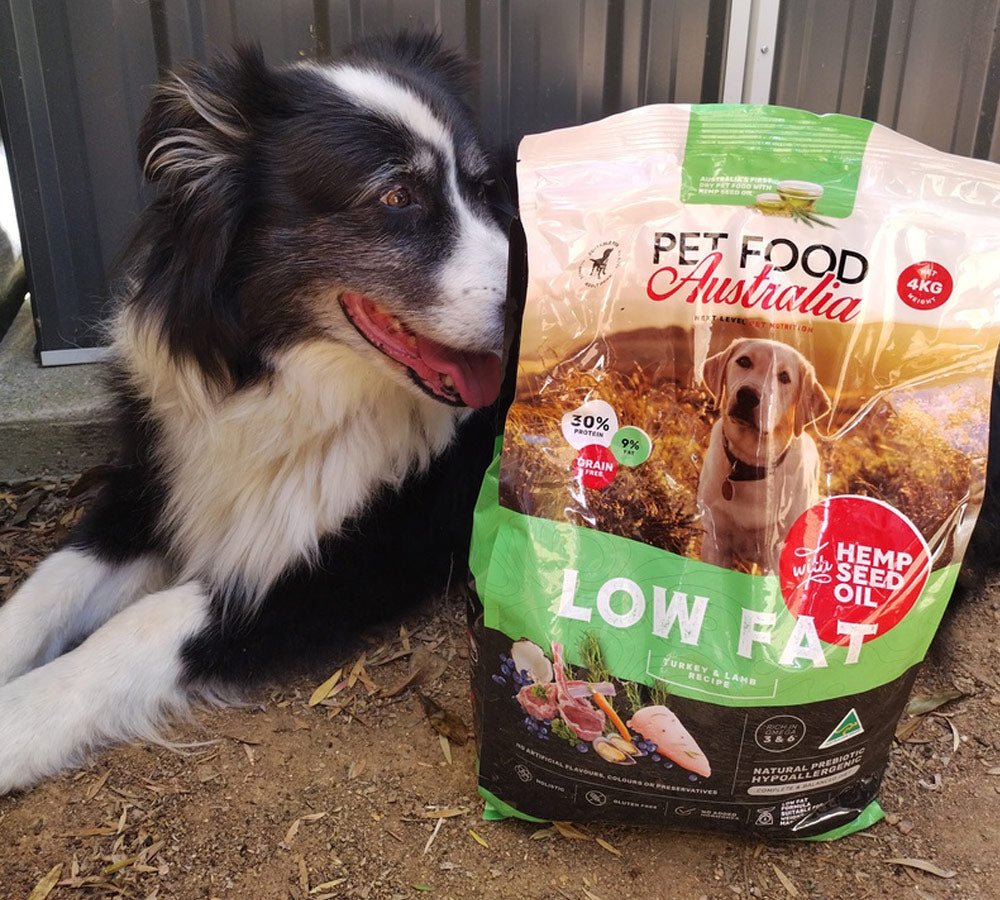How Your Pet's Diet Influences Their Behaviour: What Owners Need to Know

In the intricate world of pet care, the saying "You are what you eat" holds more truth than ever. At Pet Food Australia, we understand that a pet's diet does more than satisfy hunger—it plays a crucial role in shaping behaviour and in preventative pet care. This post in particular delves into the fascinating link between what your pet eats and how they act, offering insights every pet owner should know.
Nutritional Foundations of Behavior

The Role of Nutrients
Nutrients such as proteins, fats, carbohydrates, vitamins, and minerals in your pet's diet directly influence their physiological processes, which, in turn, affect their behaviour. For instance, high-quality proteins provide the amino acids necessary for the proper function of neurotransmitters, which are essential for brain health and behaviour regulation.
Blood Sugar and Behaviour
Diets high in simple carbohydrates can lead to spikes in blood sugar levels, potentially resulting in hyperactivity and erratic behaviour in pets. Conversely, balanced diets help maintain steady blood sugar levels, promoting consistent energy and temperament.
Behavioural Indicators of Dietary Imbalances
Hyperactivity and Aggression
An imbalance in certain nutrients, such as an excess of artificial additives or a deficiency in omega-3 fatty acids, can contribute to pet hyperactivity, aggression, or anxiety. Observing your pet's behaviour can provide early clues to its dietary needs.
Lethargy and Depression
Just as an improper diet can lead to hyperactivity, it can also result in the opposite: lethargy or even depression in pets. Ensuring a well-rounded diet with sufficient vitamins and minerals supports optimal energy levels and mood
Tailoring Diet to Individual Needs

Different breeds and ages of pets have varying dietary requirements. For example, high-energy breeds may benefit from a diet rich in fats and proteins for sustained energy. At the same time, senior pets might need diets lower in calories but higher in specific nutrients to support aging joints and cognitive function.
Food Sensitivities and Allergies
Food sensitivities and allergies can affect your pet's physical health and behaviour. An elimination diet, under the guidance of a veterinarian, can help identify triggers and lead to a more suitable dietary plan.
The Role of Gut Health

Emerging research suggests a strong connection between gut health and behaviour, often referred to as the gut-brain axis. A diet that supports a healthy gut microbiome can positively influence your pet's behaviour, reducing stress and anxiety levels.
Implementing a Balanced Diet

Pet Food Australia is dedicated to providing high-quality, balanced pet food tailored to meet pets' diverse needs. Our products are formulated based on scientific research to ensure that your pet enjoys its meals and receives the nutritional support necessary for a stable and happy demeanour.
Understanding the impact of diet on pet behaviour is essential for every pet owner. Choosing the right foods and paying attention to your pet's dietary needs can significantly influence their well-being and behaviour.
At Pet Food Australia, we're here to help you make informed choices about your pet's nutrition, paving the way for a harmonious and joyful life together. For more insights into pet nutrition and behaviour, follow us on our journey to enhance the lives of pets and their owners.




